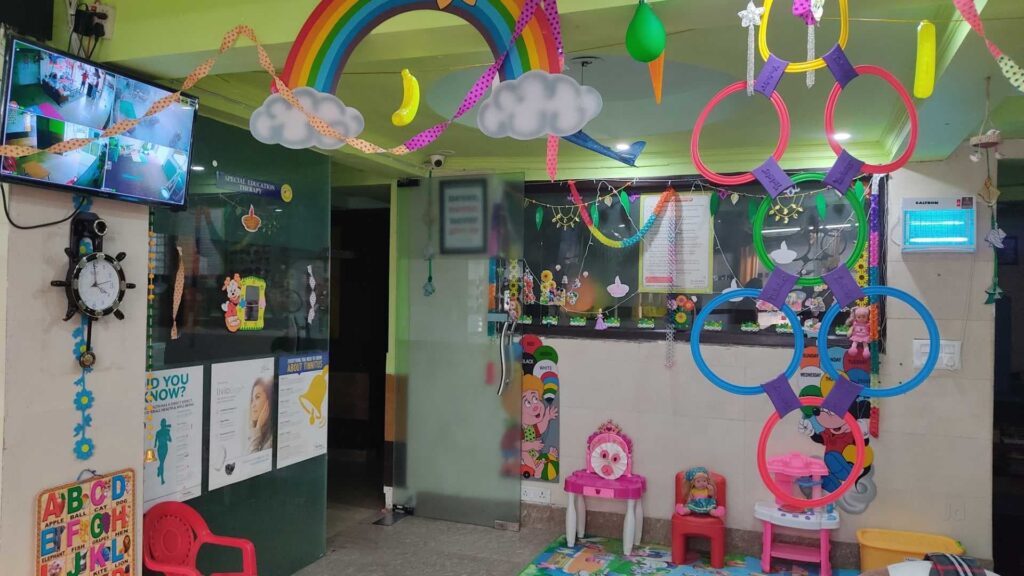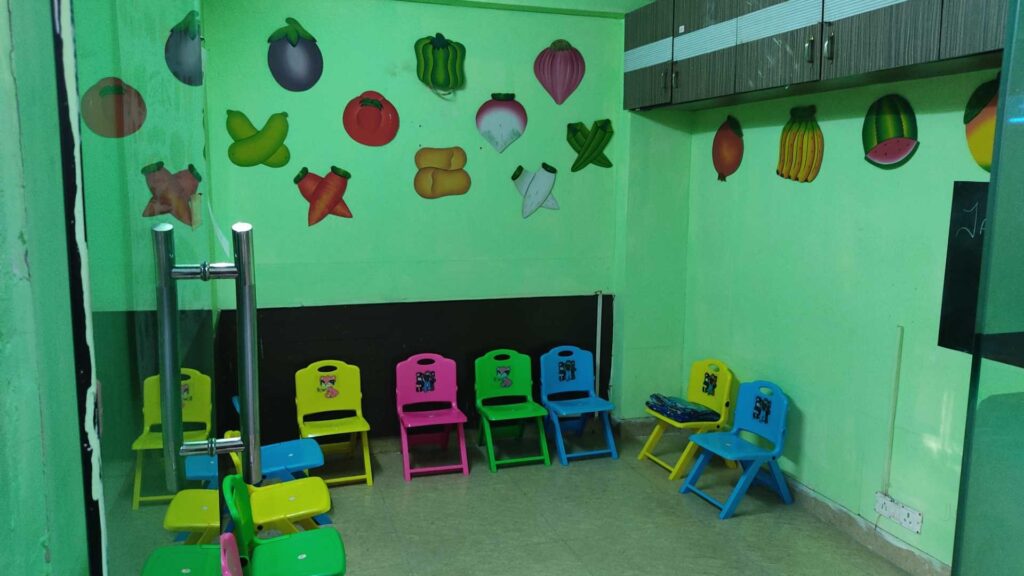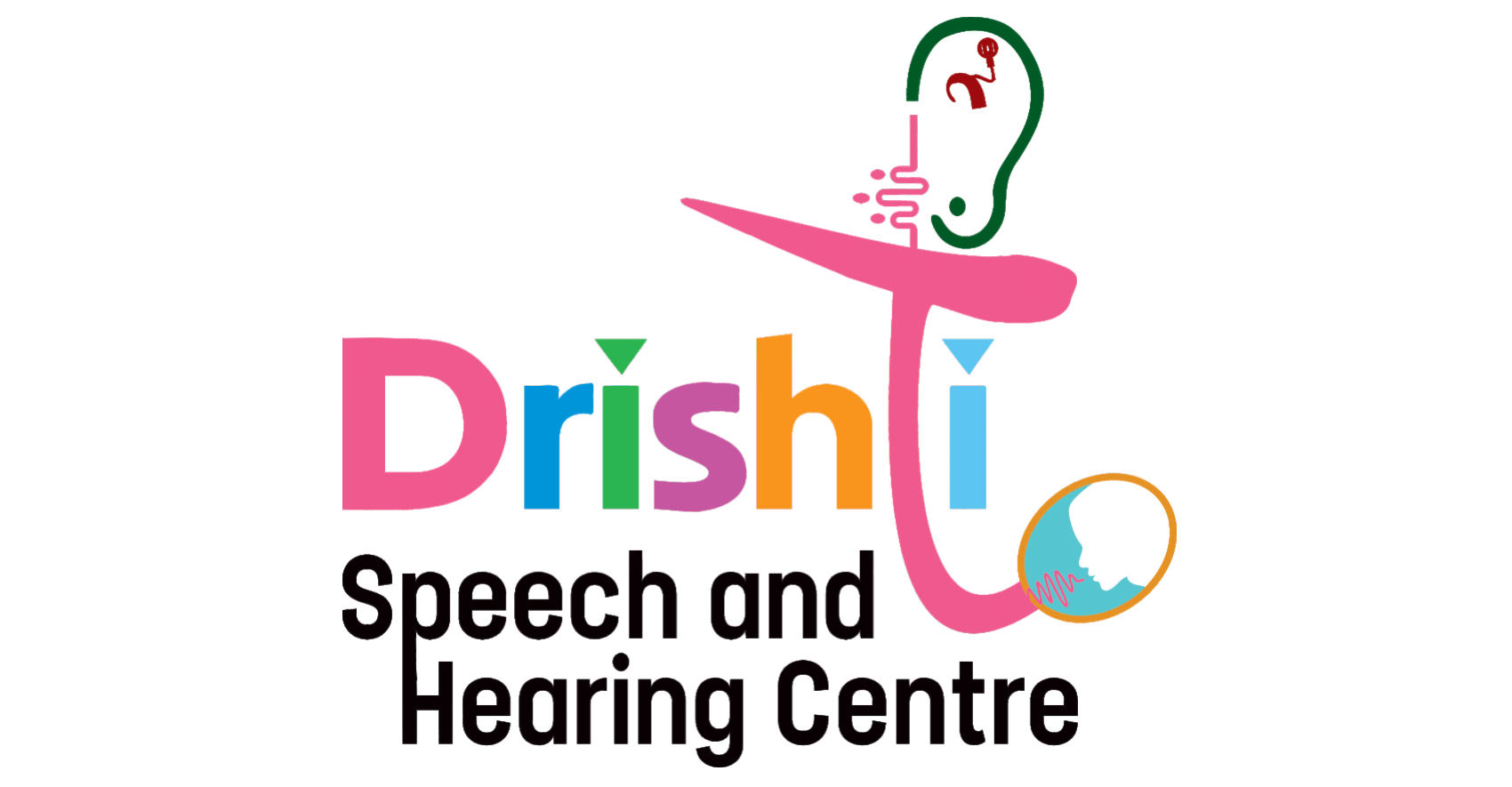All Types Of Counselling
Counseling can be classified into the following; Educational counseling, Marital counseling, personal-social counseling, Rehabilitation counseling and vocational counseling.

Key Components of All Types Of Counselling
The basic stages of counseling are: 1) Developing the client/clinician relationship; 2) Clarifying and assessing the presenting problem or situation; 3) Identifying and setting counseling or treatment goals; 4) Designing and implementing interventions; and 5) Planning, termination, and follow-up.
Motivation to achieve.
Decision Making, Goal-setting, Planning, & Problem Solving.
Interpersonal effectiveness (including social skills) Communication Skills.
Cross-cultural effectiveness.
Responsible Behavior.
Benefits of All Types Of Counselling
Relief from depression, anxiety or other mental health conditions. increased confidence and decision-making skills. ability to manage stress effectively. improved problem-solving and conflict resolution abilities.
Improved Communication: Enhances the ability to express thoughts, ideas, and emotions effectively.
Better Social Interaction: Facilitates improved interactions with others and enhances social participation.
Enhanced Academic Performance: Supports language development, which is crucial for learning and academic success.
Increased Independence: Promotes the ability to perform daily activities independently, especially for those with swallowing disorders.
Higher Quality of Life: Reduces frustration and improves overall well-being by addressing communication and swallowing difficulties.



